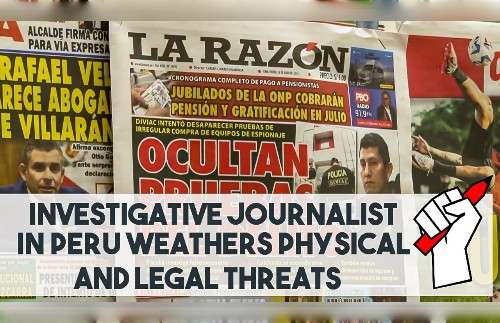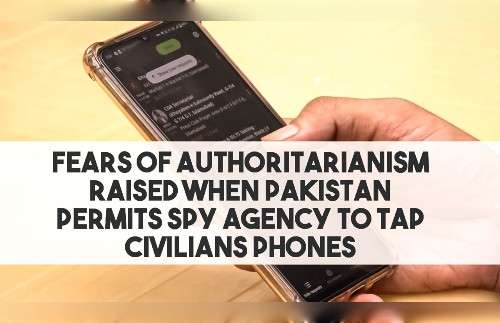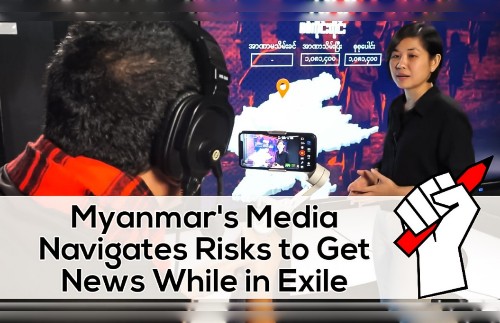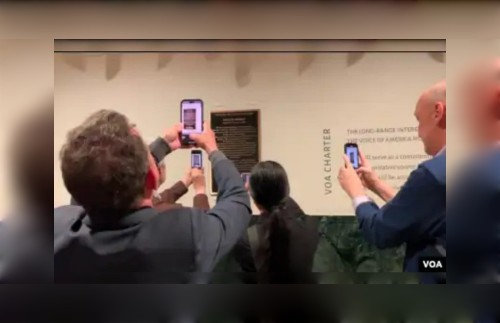
As the world commemorates he 31st anniversary of the Tiananmen massacre, Reporters Without Borders (RSF) calls on democracies to unite in defense of press freedom, a fundamental right demanded by protesters and which Beijing is now attacking at the World level.
Freedom of the press, officially guaranteed by Article 35 of the Chinese Constitution, was one of the great demands of the demonstrations in Tiananmen Square, crushed in blood by the Chinese regime on June 4, 1989 with a toll of several thousand dead. Thirty-one years later, the state apparatus and the Chinese Communist Party continue to flout this fundamental right on a daily basis and are now trying to extend their liberticidal practices to the rest of the world, as shown in a report published last year by RSF.
“Thirty-one years ago, thousands of peaceful demonstrators were massacred for demanding the exercise of fundamental freedoms, including freedom of the press,” said Cédric Alviani, director of the East Asia office of Reporters Without Borders (RSF). ). “If the authoritarian Chinese model does not meet with more resistance, not only will the Tiananmen protesters die in vain, but independent journalism will gradually give way to Chinese-style propaganda, to the detriment of democracy. “
In China, the coronavirus epidemic has given the regime the pretext to put an extra spin on the press and social networks: six journalists are detained and nearly 900 Internet users have been arrested for sharing censored information related to the virus . These measures have hardened an already extremely authoritarian system which makes the media the relay of party propaganda and censors the Internet using an ultra-sophisticated filtering system known as the “great digital wall” .
In the Hong Kong Special Administrative Region, Beijing’s media grip and police violence against journalists resulted in an unprecedented deterioration in press freedom, which fell from 18th place in 2002 at 80th place this year, in the World Press Freedom Ranking established by RSF. In Hong Kong as in Macau , another administrative region in principle autonomous, the authorities have canceled events commemorating Tian’anmen, under the pretext of sanitary measures.
In an investigation report entitled “China’s new media world order” published last year, RSF unveiled the strategy deployed by Beijing to control information beyond its borders: modernization of its external audiovisual tool, massive purchase advertising, infiltration of foreign media … but also blackmail, intimidation and harassment on an almost industrial scale.
China is the biggest prison for journalists with more than 113 of them behind bars and stagnates 177th out of 180 countries in the RSF ranking .
Copyright ©2016, Reporters Without Borders. Used with the permission of Reporters Without Borders(RSF), CS 90247 75083 Paris Cedex 02 https://rsf.org
Escaping from Scam Center on Cambodia’s Bokor Mountain
UN Security Council Meets to Discuss Children and Armed Conflict
10 Shocking Revelations from Bangladesh Commission’s Report About Ex-PM Hasina-Linked Forced Disappearances
Migration Dynamics Shifting Due to New US Administration New Regional Laws
UN Security Council Meets to Discuss the Maintenance of International Peace and Security and Artificial Intelligence
Winter Brings New Challenges for Residents living in Ukraine’s Donetsk Region
Permanent Representative of Israel Briefs Press at UN Headquarters
Hospitals Overwhelmed in Vanuatu as Death and Damage Toll Mounts from Quake
Subscribe Our You Tube Channel
Fighting Fake News
Fighting Lies


















